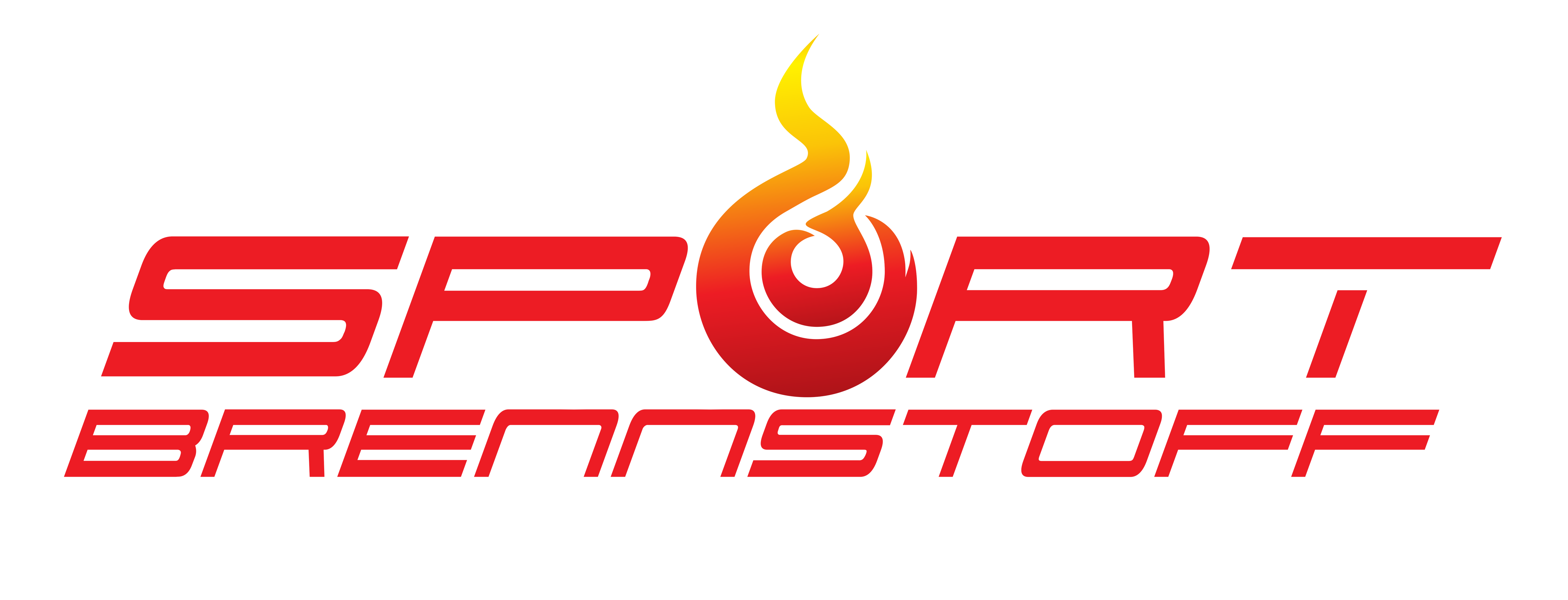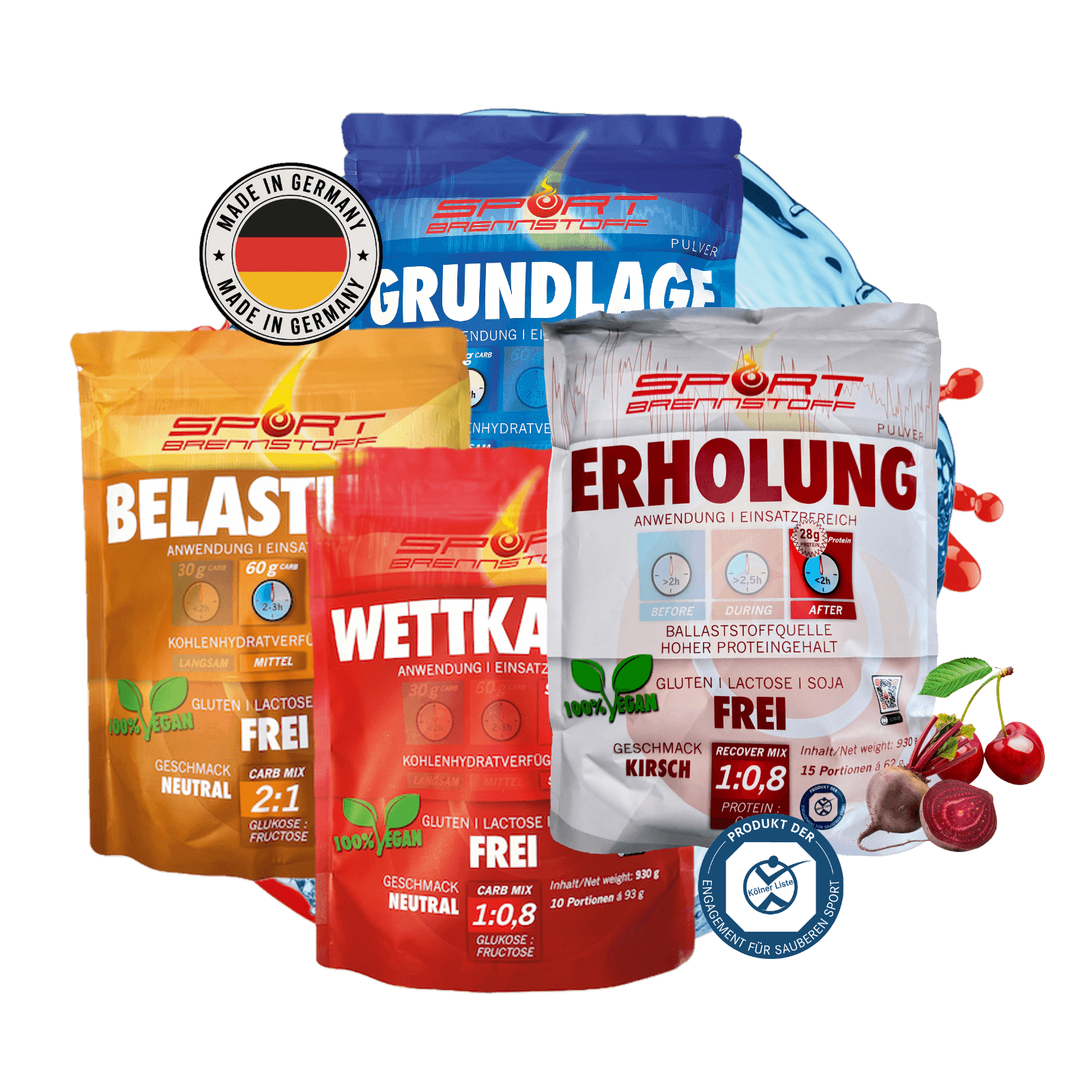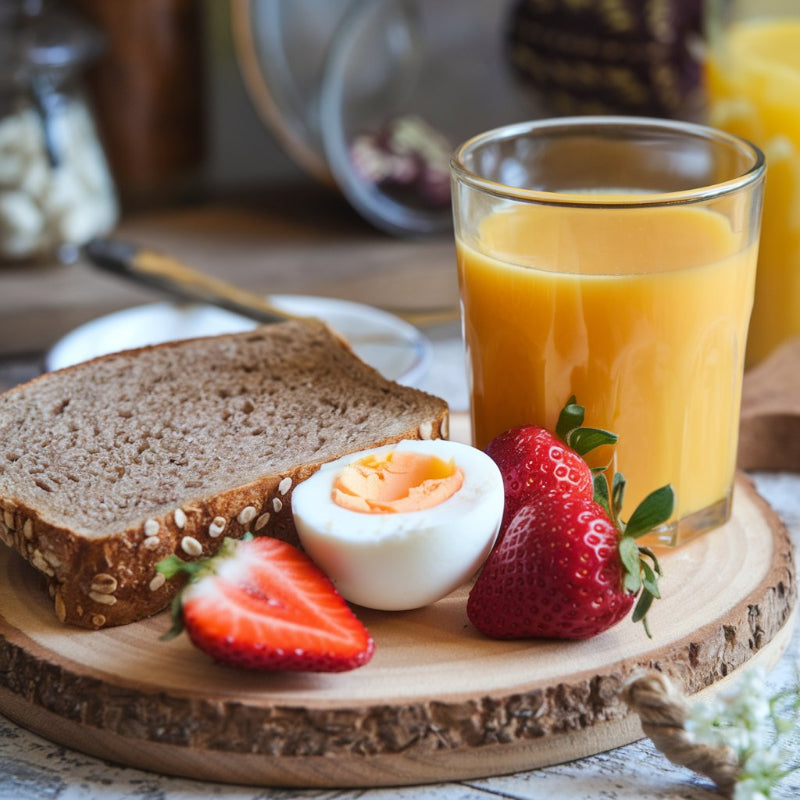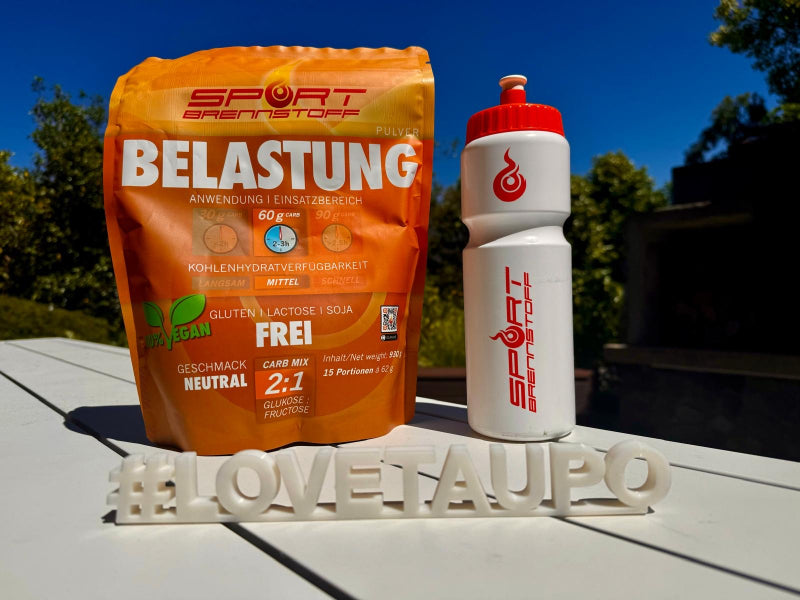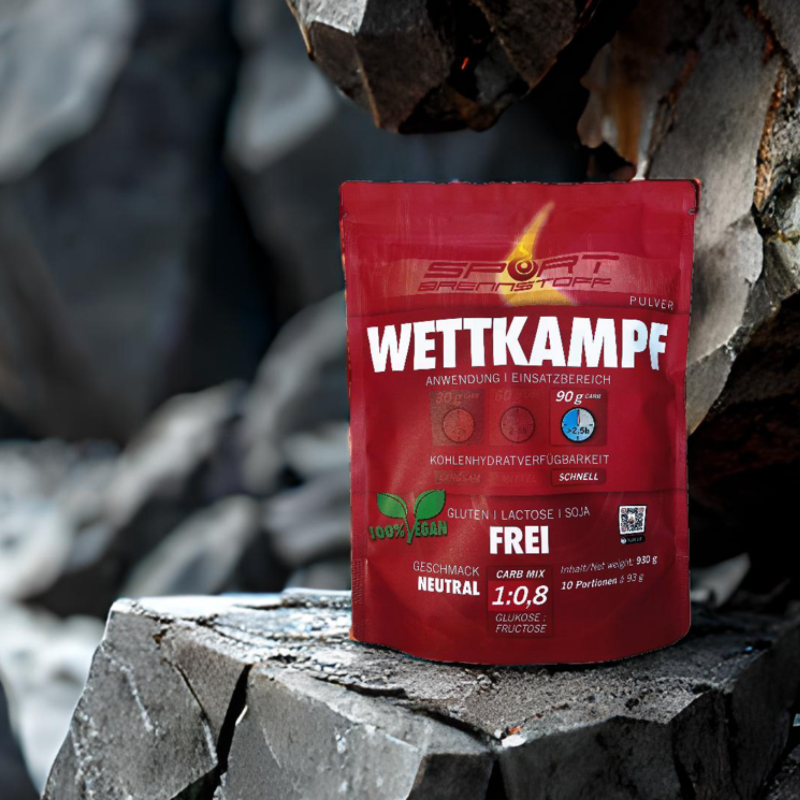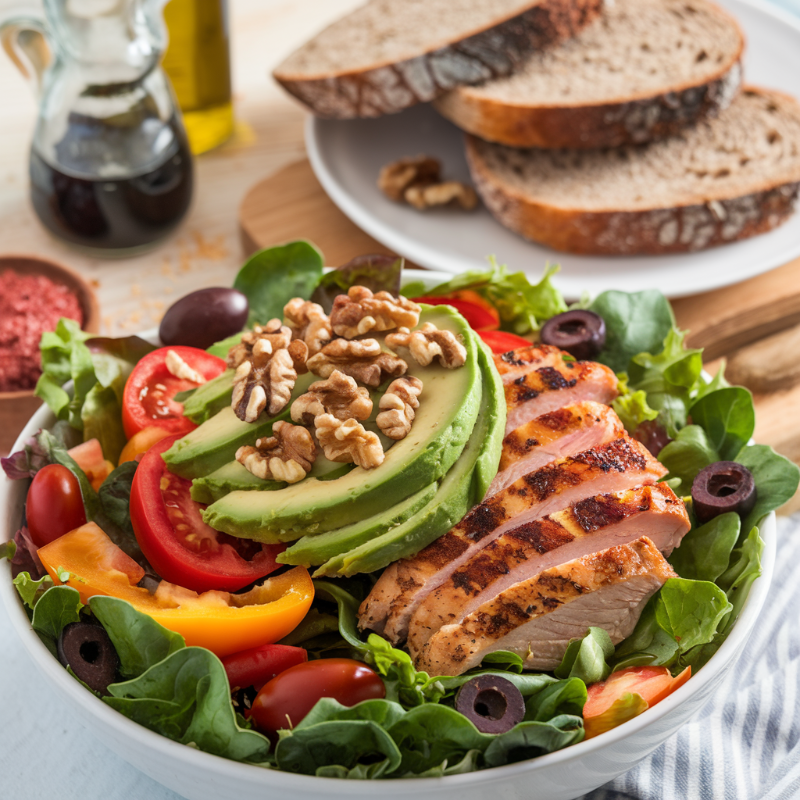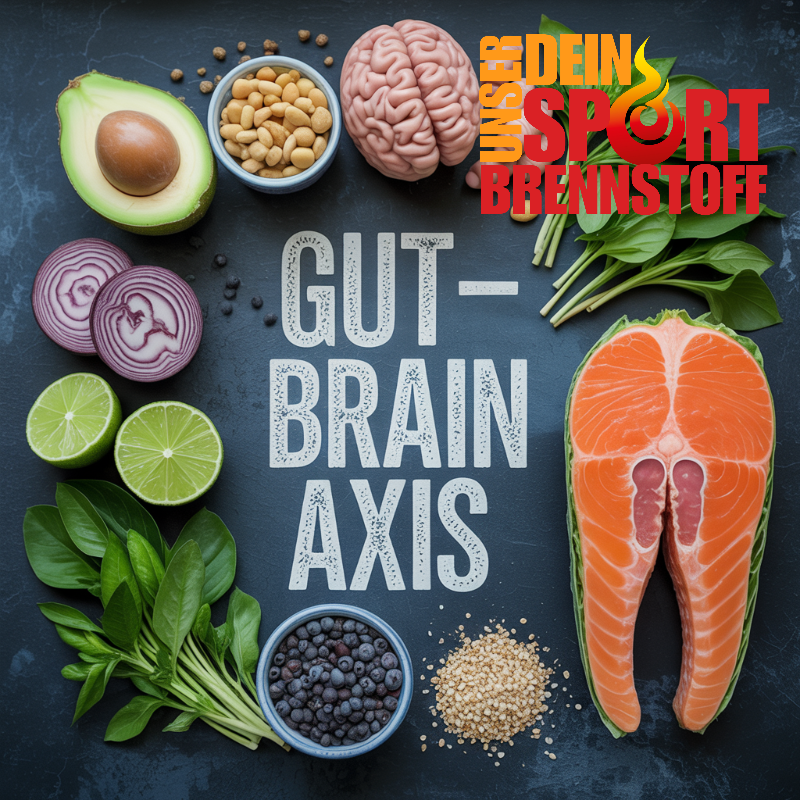
Nutrition for the gut-brain axis: fiber, etc.
Proper nutrition is one of the most important factors in actively supporting the gut-brain axis and ensuring peak mental and physical performance. The focus is particularly on dietary fiber, polyp...
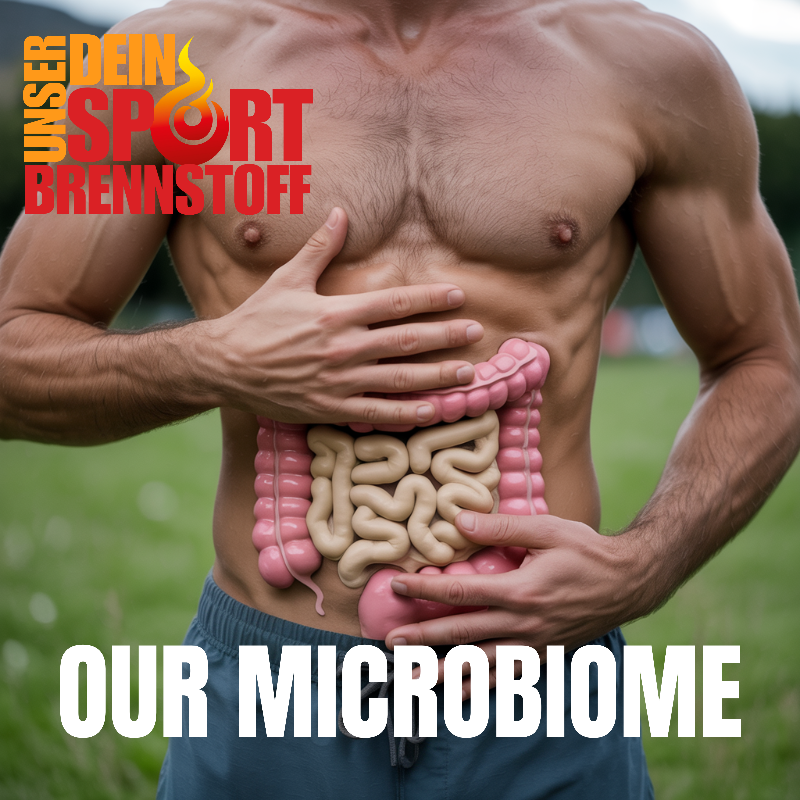
Microbiome – Gut bacteria as a basis for health and sport
The human microbiome consists of billions of microorganisms, primarily bacteria, that colonize the entire digestive tract [1]. These little helpers are the cornerstone of our gut health and influen...

Gut-Brain Axis: Significance for Athletes and Performance
The "gut-brain axis" describes the reciprocal communication between the gut and the brain via nerves, hormones, and the microbiome – the complex ecosystem of trillions of microorganisms in our dige...
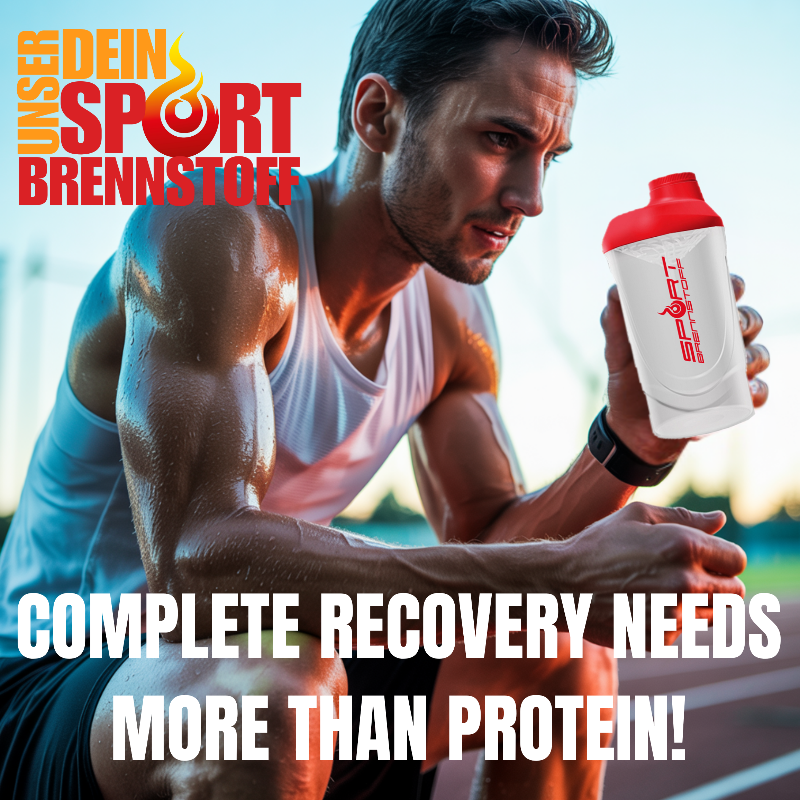
Rapid glycogen store regeneration after training
Who doesn't know this feeling? After a long bike ride or a hard run, your legs feel exhausted and your energy stores are depleted. But how quickly can these stores replenish themselves? A recent st...
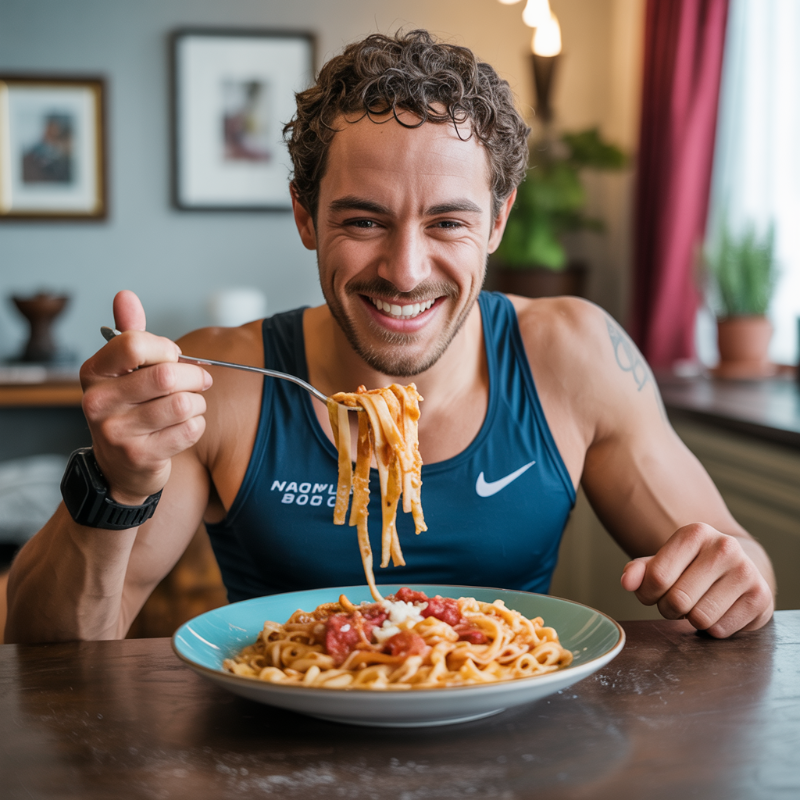
Specifically: 7-day carboloading plan for 70kg body weight
A 7-day carb-loading plan for a long-distance competition can be very precisely adapted to your body weight. The goal is to maximize your glycogen stores in the last few days before the competition...
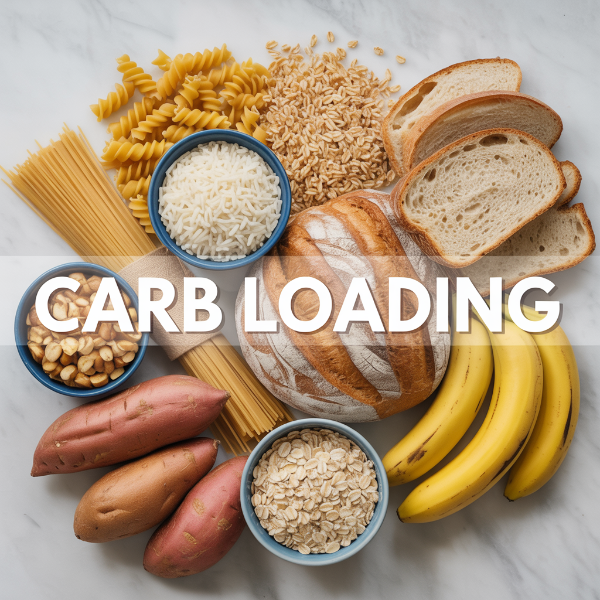
Carbo-loading: A competitive strategy for success!
A carbohydrate-loading protocol for a competition should specifically aim to maximize muscle glycogen stores so that you start the competition day with full energy reserves. The optimal period is i...
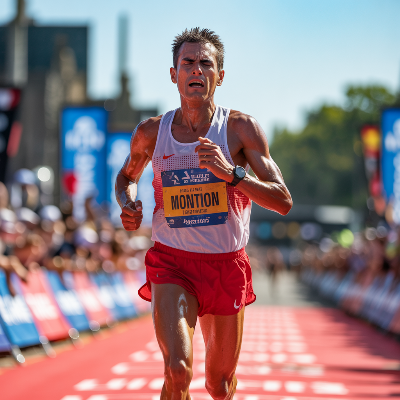
How heat affects the fuel for endurance performance
Carbohydrates and ambient temperature: How heat affects the fuel for endurance performance For endurance athletes, carbohydrates are the most important fuel for maintaining performance. However,...
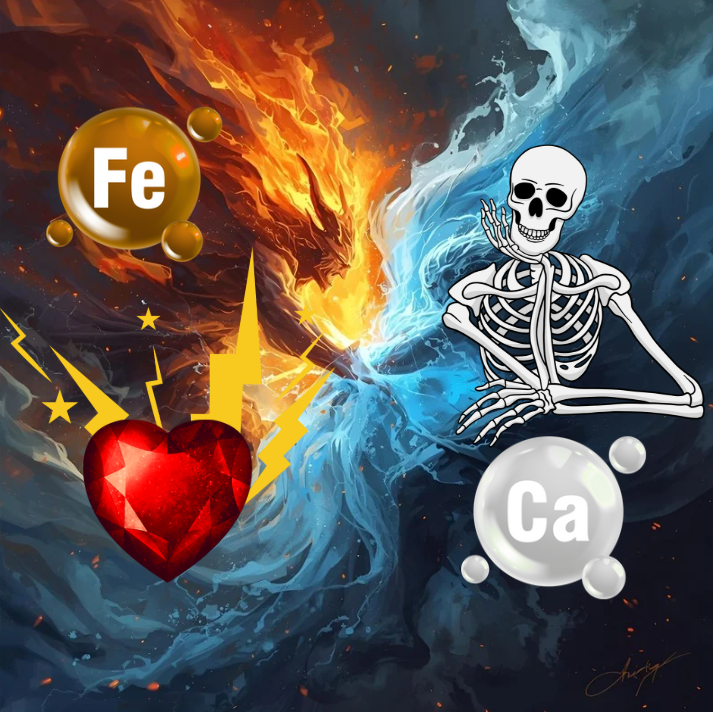
Iron and calcium supplementation in athletes
Iron and calcium influence each other's absorption in the intestines – calcium can inhibit iron absorption if both nutrients are taken simultaneously. Therefore, it is advisable for athletes to pa...
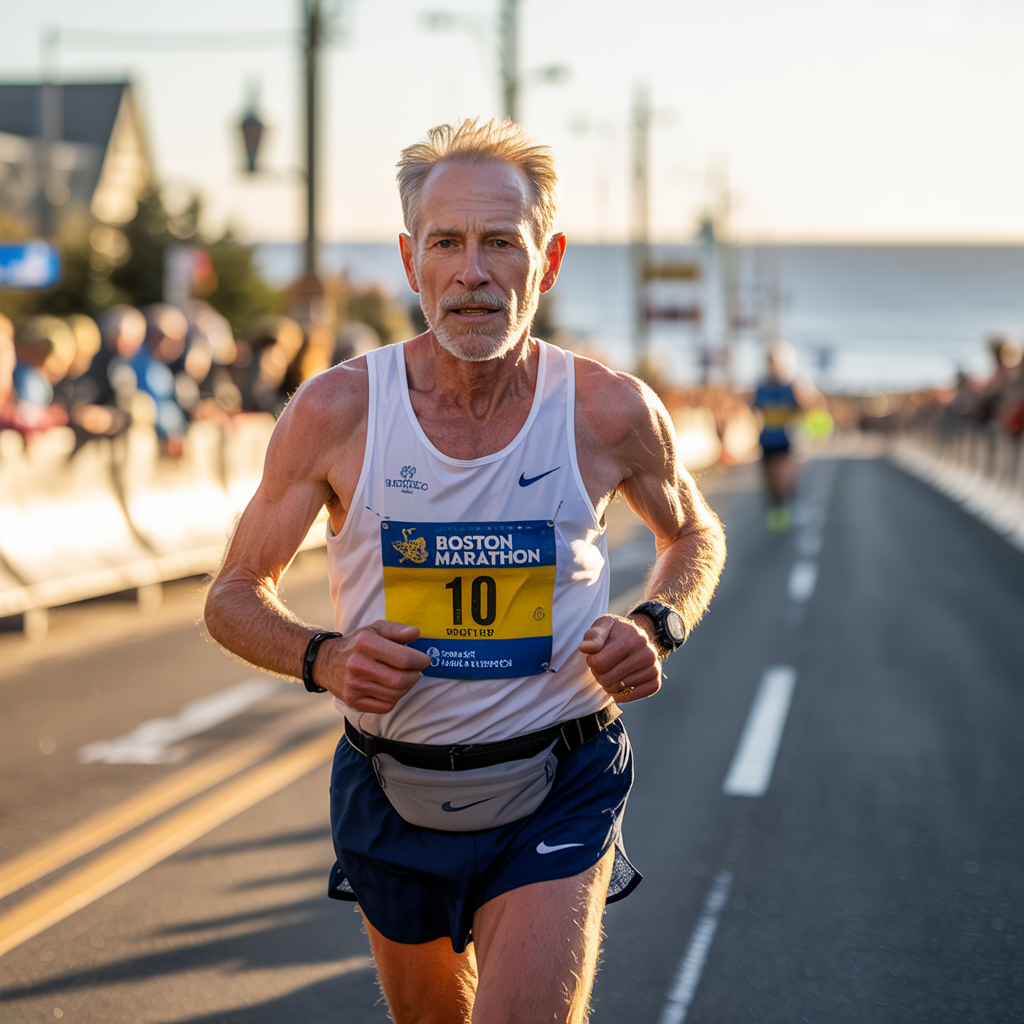
Endurance sports + sports nutrition + longevity
Regular endurance sports have been scientifically proven to contribute to longevity by slowing down cellular aging processes and strengthening the cardiovascular system. Studies show that endurance...
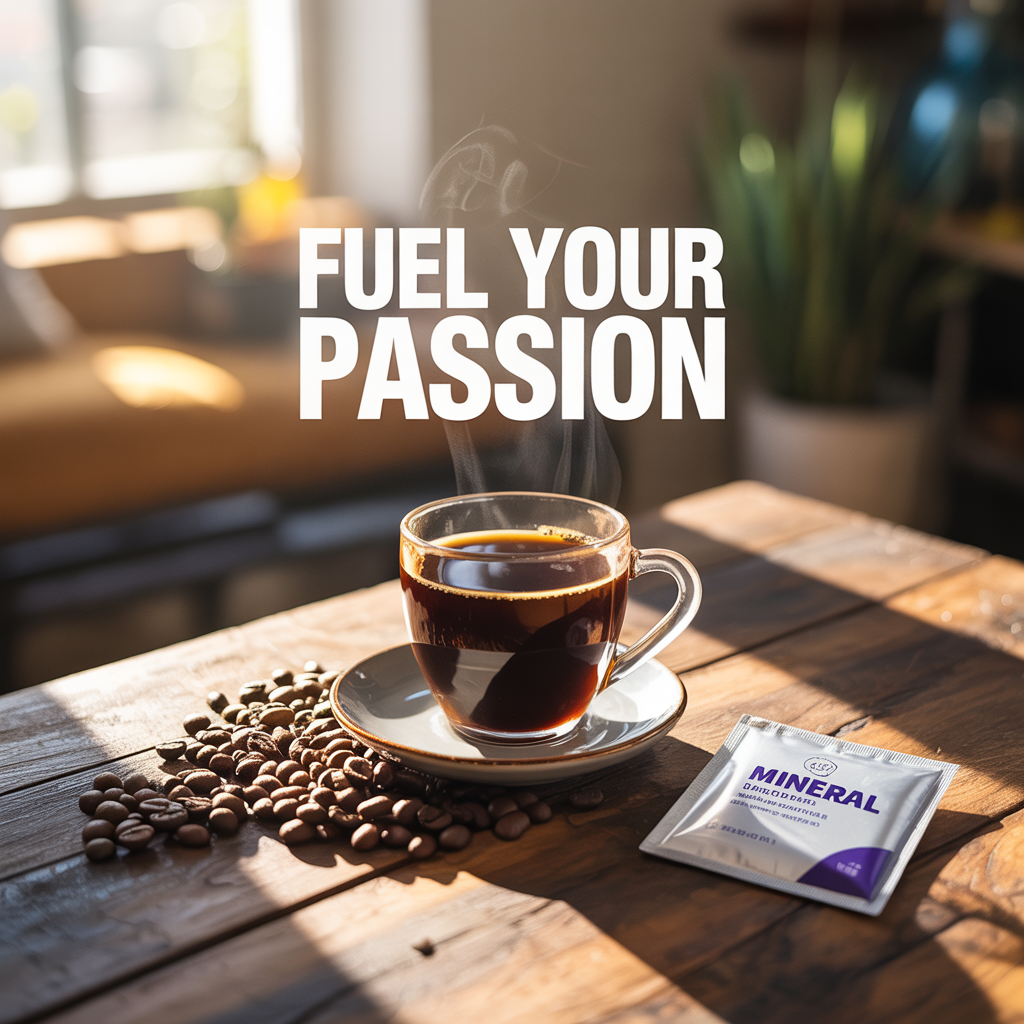
Coffee and minerals - effects - do they go together?
Coffee is one of Germans' favorite beverages—whether in the office, on the go, or as a ritual before, during, or after a workout. But how does this indulgence affect mineral intake? The interplay i...
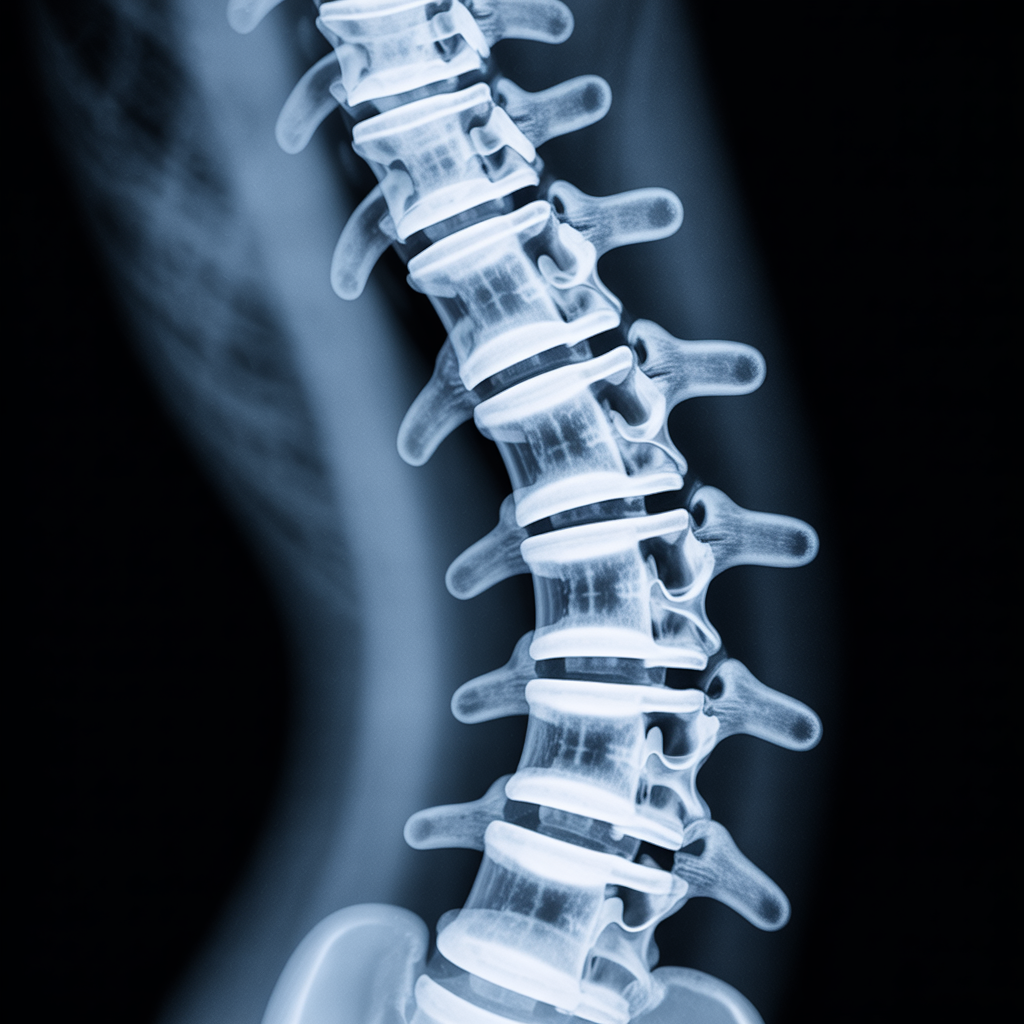
BMD and prevention: Bone strength through nutrition & training
BMD (Bone Mineral Deficiency) in sports: development, detection & prevention: What is BMD and why is it relevant in sports? Bone mineral density (BMD) indicates how "solid" the bone substance...

Avoiding RED-S syndrome in athletes: Causes & prevention
RED-S syndrome (Relative Energy Deficiency in Sport) is a health problem that occurs in athletes when the body receives less energy than is expended through training and daily activities over the l...
Press releases
